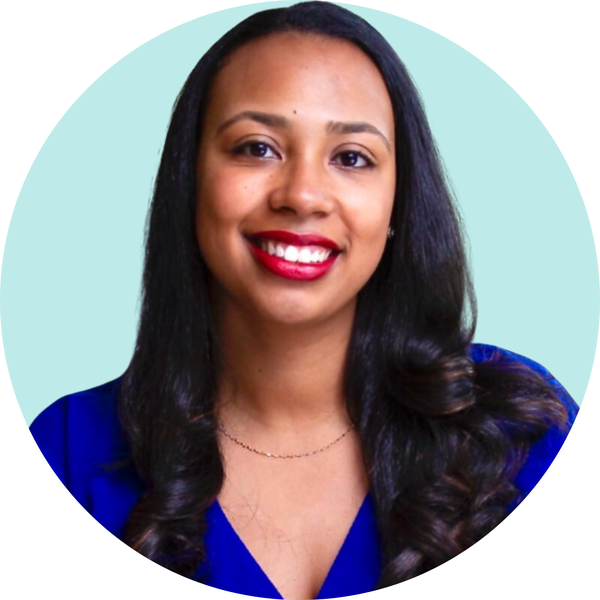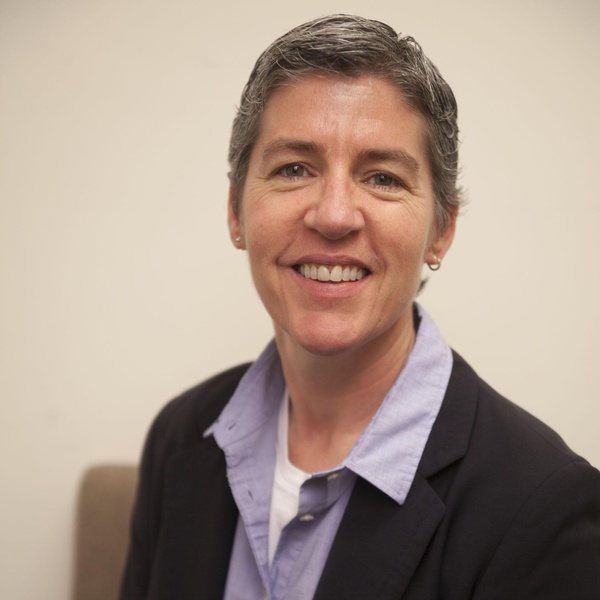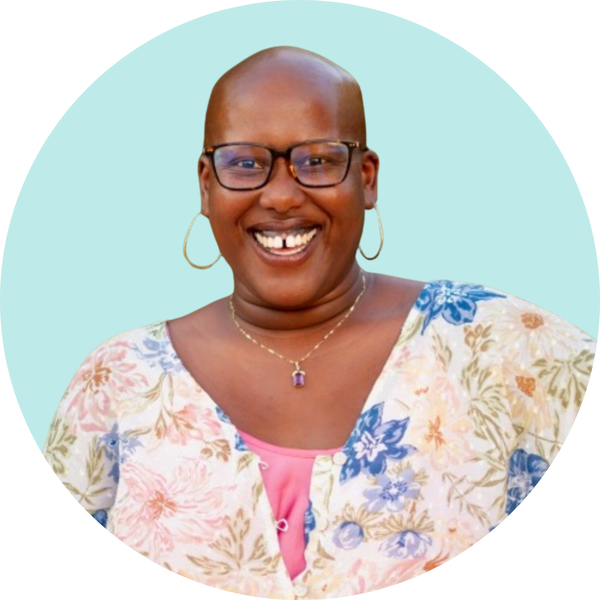



Everyone's heard of 'unconscious bias' training, but what about 'disrupting bias' training? Trisha Walsh, the Director, IT at Yelp, one of the worlds largest crowd-sourced review platforms, is here to explain the difference, and dive into how disrupting bias training impacts the end user...
Everyone's heard of 'unconscious bias' training, but what about 'disrupting bias' training? Trisha Walsh, the Director, IT at Yelp, one of the worlds largest crowd-sourced review platforms, is here to explain the difference, and dive into how disrupting bias training impacts the end user support organization for Yelp's nearly 6,000+ employees.

Trisha Walsh, Director IT at Yelp. Trisha leads the end user support organization for the company's 6,000+ employees. Trisha is responsible for ensuring all internal customers get a 5 Star Customer Service experience to be their most productive selves.
More events you might like




